Institution: Kiel University
W
U
- University of Delaware
- United Nations
- United Cities and Local Governments
- University of Pennsylvania
- Università di Macerata
- University of Oxford
- United Nations Development Programme
- UN Statistics Division
- UNESCO Information for All Programme
- United Nations Environment Programme
- University of Queensland
- Universidade Estadual do Rio de Janeiro (Federal Rural University of Rio de Janeiro)
- University of the Philippines
- University of California - Irvine
- University of Victoria
- UN-Habitat
- University of Cape Town
- University of Exeter
- United Nations Economic Commission for Africa
- UNICEF
- Università degli Studi di Siena
- Università degli Studi di Napoli Federico II
- Université de Sousse
- United Technologies Research Center
- Università degli Studi di Tuscia
- University of Jordan
- University of California - San Francisco
- UNESCO World Water Assessment Programme (WWAP)
- University of Wollongong
- UNU-WIDER
- Unilever
- University of Gothenburg
- UNESCO
- United Nations Economic Commission for Europe
- UNESCO Global Network of Facilitators
- University of South Africa
- University of Antwerp
- University of Music Franz Liszt Weimar
- UNU-CRIS
- United Nations Office for Disaster Risk Reduction
- United Nations Institute for Training and Research (UNITAR)
I
- International Union for the Conservation of Nature
- International Monetary Fund
- International Institute for Applied Systems Analysis
- Institute for Sustainable Development and International Relations
- Indian Institute for Human Settlements
- International Telecommunication Union
- International Ocean Institute
- India Federation of Self Employed Women's Association
- International Civil Society Action Network
- International Institute for Environmental Development
- ICLEI - Local Governments for Sustainability
- International Labour Organization
- IHE Delft
- International Fertilizer Association
- Islamic Development Bank Institute (IsDBI)
- Istanbul International Center for Private Sector in Development (IICPSD)
- International Labour Organization (ILO)
- International Social Security Association
- Impact Actuarial
- International Cooperative and Mutual Insurance Federation
S
A
- Ain Shams University
- American University
- Athens University of Economics and Business
- African Center for Cities
- Association of Caribbean Energy Specialists
- All India Institutes of Medical Sciences
- Australian Resilience Centre
- Alliance for Global Water Adaptation
- Academy of Korean Studies
- Ahmedabad University
M
H
E
F
- Federal Government of Ghana
- Fundação Getulio Vargas
- Facultad Latinoamericana de Ciencias Sociales
- Federal Government of Chile
- Federal Government of the United States of America
- Foundation for the Global Compact
- FAS - Fundação Amazonas Sustentável (Amazonas Sustainable Foundation)
- Former President of Colombia
- Former Prime Minister of Norway
- Former UN Secretary-General
- French High Council for the Financing of Social Protection
C
N
- New School
- Natural Resource Governance Institute
- National Disaster Management Authority (India)
- National Research University Higher School of Economics
- National Wildlife Federation
- New York University
- Northumbria University
- National Autonomous University of Mexico
- National Institute of Archaeology and Heritage Sciences of Morocco
G
K
D
P
B
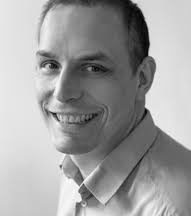
Martin Quaas
Martin Quaas is a Professor of Environmental, Resource-, and Ecological Economics in the Department of Economics at Kiel University, Germany. His work brings together economics, population biology, marine ecology and mathematics to address research questions encompassing sustainability and sustainable management of marine resources: What characterises sustainable management of marine resources? How can this be implemented through economic policy? Prof. Quaas is the speaker for Ocean Sustainability™ within the Cluster of Excellence The Future Ocean™ in Kiel.
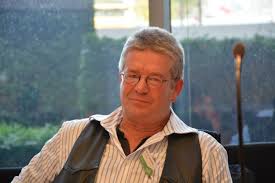
Konrad Ott
Konrad Ott is a Professor in the Philosophy Department at Kiel University in Germany. The focus of Professor Ott™s research is in environmental ethics including aspects of sustainability, conservation and climate change. During his time as a member of the German Advisory Council on the Environment (SRU) between 2000 and 2008, Prof. Ott and Ralf developed a theoretical concept of strong sustainability.
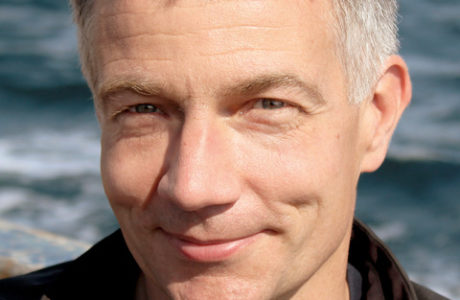
Andreas Oschlies
Professor Andreas Oschlies is Head of the Biogeochemical Modelling research unit at GEOMAR Helmholtz Centre for Ocean Research Kiel, Germany. Prof. Oschlies develops and uses numerical and mechanistic ecological and biogeochemical models to understand constraints on oceanic carbon uptake and the sensitivity of this carbon sink to climate. He is currently heavily involved in assessing climate engineering proposal and is co-ordinator of two large-scale research projects: Climate Engineering: Risk, Challenges, Opportunities and the Collaborative Research Centre 754 Climate-Biogeochemistry Interactions in the Tropical Ocean.
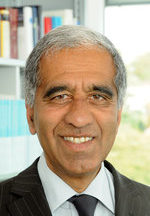
Mojib Latif
Professor Mojib Latif is the Head of the Ocean Circulation and Climate Dynamics Research Division at GEOMAR Helmholtz Centre for Ocean Research Kiel, Germany. Prof. Latif is a well-known figure in both the scientific field and in the media from his work on anthropogenic climate change. He was a contributing author in the 3rd and 4th IPCC assessment reports and is currently Chairman of the German Climate Consortium (DKK).
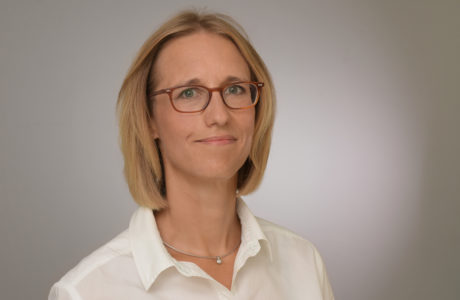
Nele Matz-Lück
Professor Nele Matz-Lück is a Co-Director of the Walther Schücking Institute for International Law, at Kiel University in Germany and Adjunct Professor at the K.G. Jebsen Centre for the Law of the Sea at the Arctic University of Norway in Tromsø¸. Her research looks into ocean governance and the regulation of activities from resource utilisation to ocean pollution as well as considering the conservation of marine biodiversity. Prof. Matz-Lück is a member of the International Law Association Committee for International Law and Sea Level Rise.
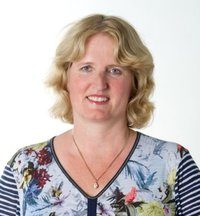
Ute Hentschel Humeida
Ute Hentschel Humeida is a Professor of Marine Microbiology at GEOMAR Helmholtz Centre for Ocean Research Kiel in Germany. Prof. Hentschel Humeida aims to better understand the physiology, metabolism and molecular interactions between marine microbes and macroorganisms, in particular sponges. A combination of modern -omics technologies, in vivo experimentation, and regular field work is employed towards this goal. Her research interests also extend to drug discovery from marine bacteria (in particular, actinomycetes) with the aim to discover novel, bioactive natural products.
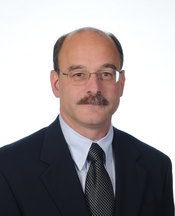
Mark Hannington
Mark Hannington is a Professor of Dynamics of the Ocean Floor in the research unit Magmatic and Hydrothermal Systems at GEOMAR Helmholtz Centre for Ocean Research Kiel, Germany. His research focus is on marine mineral resources and how underwater volcanoes deposit valuable minerals on the seafloor, including black smoker hydrothermal vents. Prof Hannington work has been extensively published in books and peer-reviewed scientific journals. He was made a Fellow of the Royal Society of Canada in 2012.